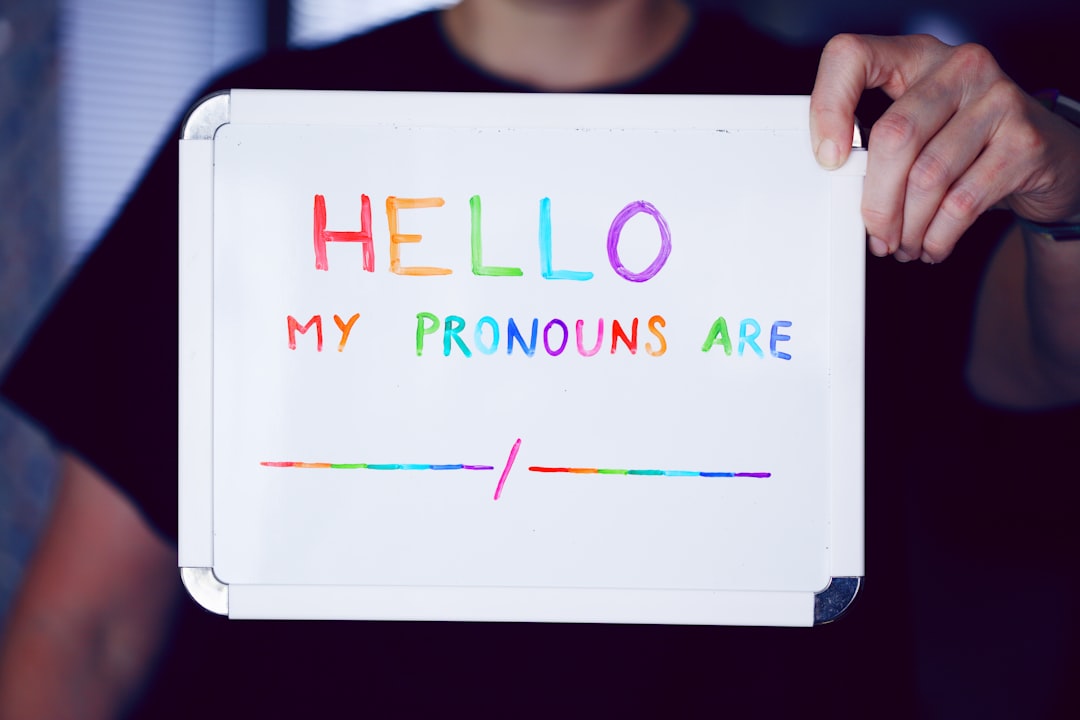The Debatable Land #20: Bodies Are Not Inherently Male or Female And Other Untrue Modern Stories
The trans argument is a necessary one because it is, in the end, a matter of truth and lies.
The Trans Argument is, I am afraid, an important one

One of the consolations of writing about Scottish politics is that doing so inures you to unhinged criticism. When you endure years of being called a “Quisling” or a “House Jock” and much else besides you swiftly discover the limits of vituperative criticism. Even the Kippers and the Corbynistas - groups lacking hinges themselves - cannot beat the Cybernats. Their faith-based beliefs brook no rational argument and, in this respect at least, they offer a salutary demonstration of how a crowd persuades itself that plainly ludicrous beliefs may never be questioned.
So all of that was splendid training for writing about trans issues.
Sometimes people erroneously suggest it is “brave” to do so. There is a view that this argument is so “toxic” only courageous - or perhaps foolhardy - people would dare take part in it. In my experience it is only men who say this and, well, this seems modestly revealing…

